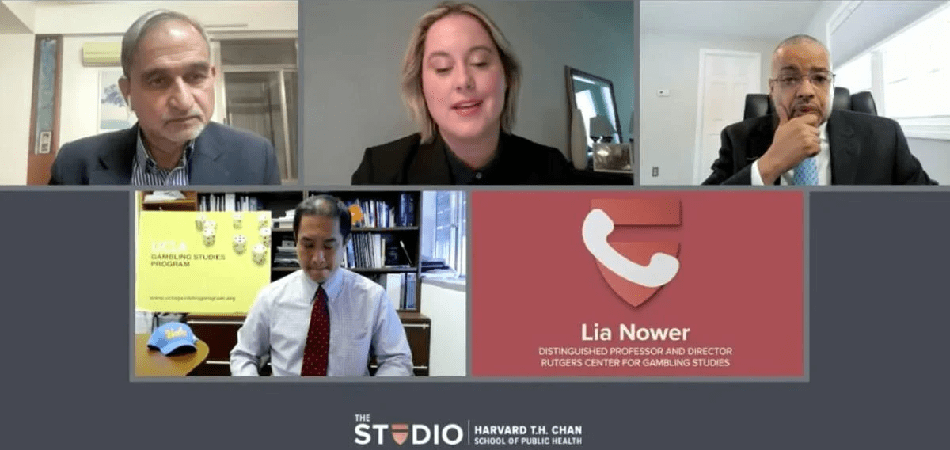Harvard Panel Says Online Gambling Has Raised Stakes for Public Health
A recent forum organized by the Harvard T.H. Chan School of Public Health discussed the rise in public health risks due to the digitalization of gambling in recent years and concluded that some form of intervention is necessary.
Currently, the American public can access a variety of online gambling and betting choices. From iGaming and online sports wagering to contentious casino-style sweepstakes sites and betting exchanges enabling bets on a range of topics from elections to the bitcoin price of tomorrow, gambling is increasingly prevalent.
As sports betting becomes a significant part of the online gaming sector, unregulated casino websites and sweepstakes platforms are targeting unsuspecting Americans who may not fully understand the legality of these activities. Consequently, experts in responsible gaming, addiction specialists, and public health researchers believe that additional protections are essential.
“The groups most at risk are emerging adults and adolescents,” said Lia Nower, the director of the Center for Gambling Studies at Rutgers University. Nower also co-directs the school’s Addiction Counselor Training Certificate Program.
“We need a federal presence like we have for cigarettes, alcohol, and other forms of addiction,” Nower continued. Nower said a federal opt-out program could be useful in allowing problem gamblers and those prone to addiction to exclude their access to gambling websites and apps.
Gambling Dependency Mostly Unrecognized
The National Council on Problem Gambling estimates that there are 2.5 million adults in the U.S. with a serious gambling issue. An additional five to eight million are regarded as having mild or moderate gambling issues.
Those figures are rising, as it was just in 2023 that the NCPG estimated the number of adults with serious gaming issues to be around two million. The increase is mainly due to the ongoing growth of online gaming choices.
"Online gambling is a public health issue and requires a public health strategy,” said Victor Ortiz, the director of the Massachusetts Office of Problem Gambling Services.
Participants at the Harvard discussion noted that rates of problem gambling could be considerably greater; however, it is challenging, if not unfeasible, to precisely determine how many individuals are "lying in bed" gambling while their partner rests beside them. A central aspect emphasized by Ortiz is that online gambling is attracting a new demographic to the issue of problem gambling — individuals who are educated, hold well-paying positions, and occupy a more elevated status in society compared to the gambling addicts of the past.
“We’re getting calls from people in significant distress who are not our typical callers,” Ortiz explained.
Programs for Responsible Gaming
The American Gaming Association will present its yearly State of the Industry report next month featuring President and CEO Bill Miller. It is likely that the trade association advocating for commercial and tribal gaming in the nation's capital will highlight the substantial investments its members have committed to responsible gaming.
"Responsible gaming programs are a critical part of everyday business practices in the U.S. casino gaming industry. The central goal of these programs is to ensure that patrons responsibly enjoy casino games as a form of entertainment,” an AGA release said.
Numerous responsible gaming programs, critics argue, require the gambler to seek assistance. It is said to be uncommon for an operator, regardless of being a physical casino or an online gaming platform, to step in and prevent a player from gambling.
“Responsible gambling is something that companies love to talk about, but it puts the responsibility on the individual,” said Shekhar Saxena, an adjunct professor of global mental health at Harvard.







